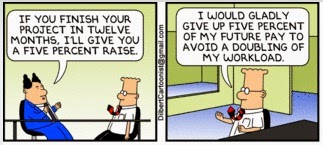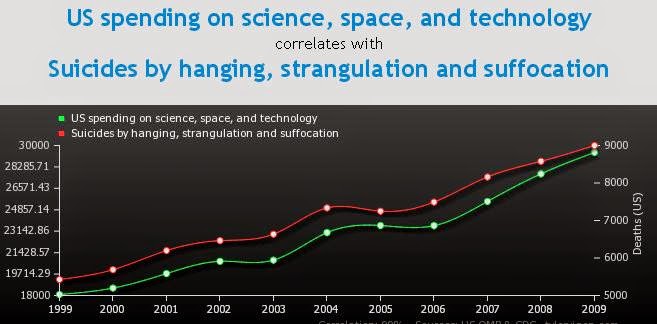Where are the ET’s?
Have you heard of the Fermi paradox? Here’s how Wikipedia describes it : “The apparent contradiction between high estimates of the probability of the existence of extraterrestrial civilization and humanity’s lack of contact with, or evidence for, such civilizations.” Or to put it in layman’s terms: Where are the ET’s? If you are interested, check out this article for detailed stats of why scientists believe that intelligent species should be abundant in the universe, even if we assume that life is very, very rare. I found a couple of articles that point out that while the universe is the domain of physics, the resolution to the Fermi paradox may lie in biology! But first, is it really necessary that a sufficiently advanced species would always explore the universe and/or want to “colonize new habitats”? As Alan Jacobs asks is it necessary that: “Superior alien civilizations will be to us as Victorian explorers were to the tribes of Darkest Africa. Higher intellige



